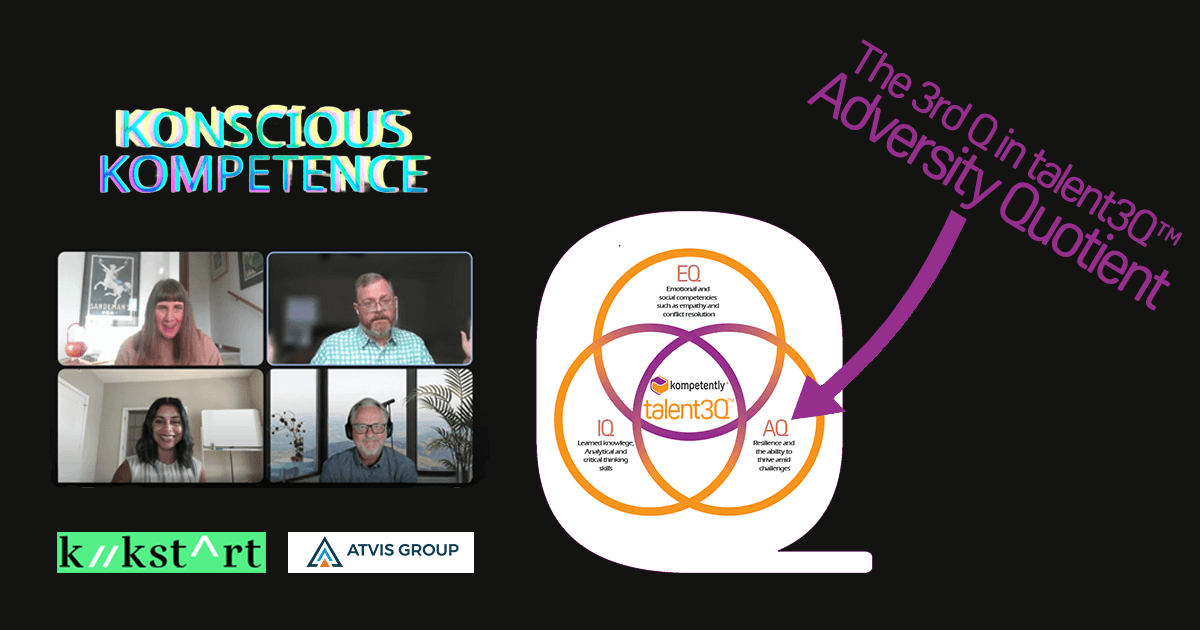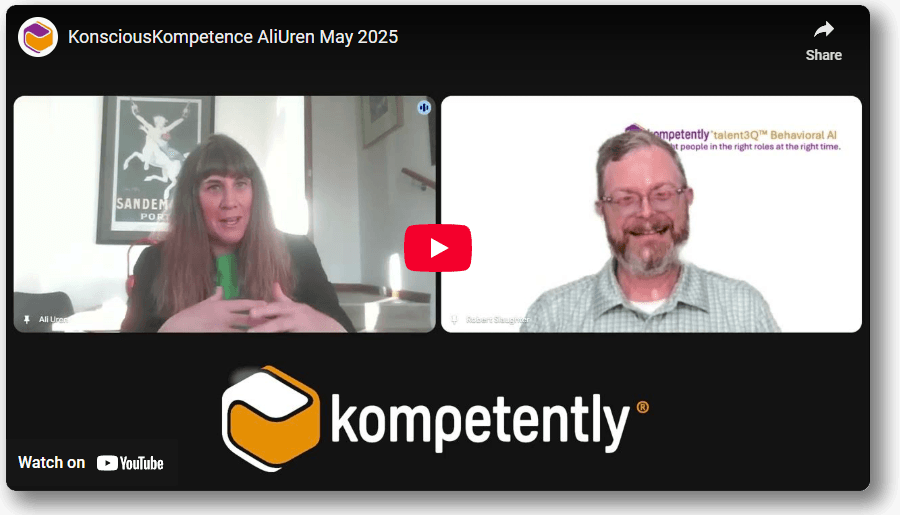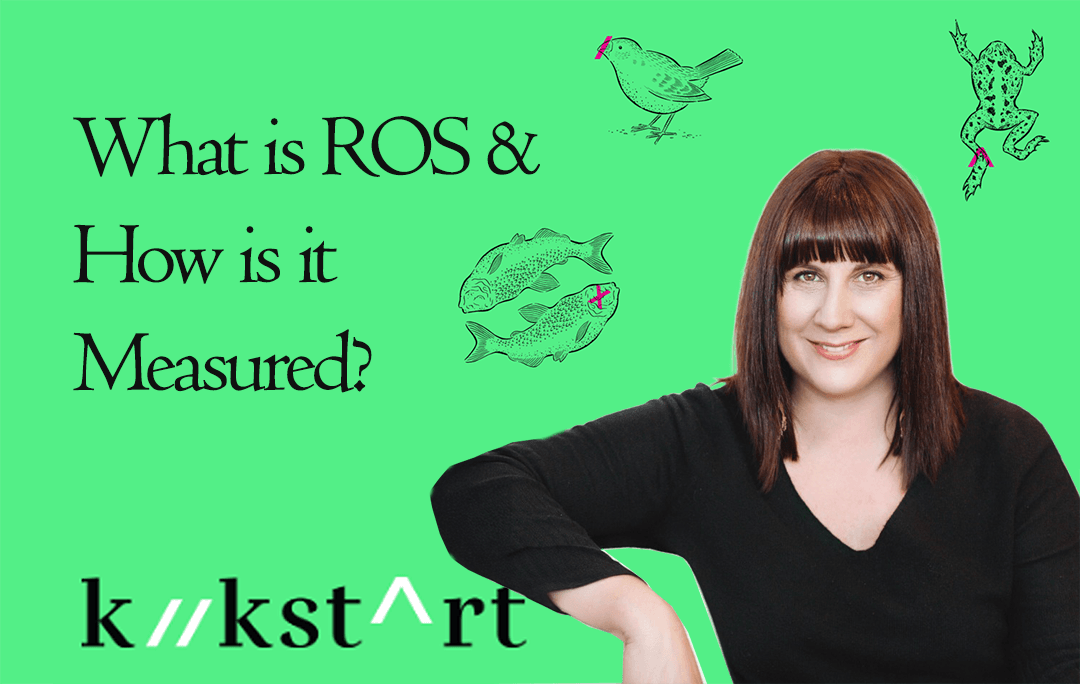Master the Art of Skills-Based Recruiting
Unlock the potential of your workforce by transitioning to a skills-based recruiting approach. Discover the complexities and solutions to effectively implement this transformative strategy.
Understanding Skills-Based Recruiting
The Future of Talent Acquisition
Skills-based recruiting focuses on identifying and hiring candidates based on specific skills rather than traditional job titles or educational backgrounds. While this method promises a more precise match between job requirements and candidate capabilities, it introduces several challenges. Organizations must define necessary skills, validate them effectively, and measure their impact on performance.
Defining Necessary Skills
Navigating Evolving Job Requirements
One of the primary difficulties in skills-based recruiting is accurately defining the skills required for each role. Job requirements can evolve rapidly due to technological advancements and market changes, making it challenging to keep job profiles current. Additionally, organizations must balance the need for specialized skills with broader, transferable competencies to align with strategic goals. Identifying the right mix of skills is essential yet complex, requiring continuous updates and stakeholder alignment.
Challenges in Identifying the Right Skills
Ensuring that the identified skills are the right ones for success is a nontrivial challenge. One of the primary concerns is the impact of these skills on performance. Organizations need robust data to correlate specific skills with job performance and overall organizational outcomes. This correlation is often complex and requires sophisticated data analysis to ensure accuracy.
Performance Impact
Another significant challenge is achieving stakeholder alignment. Different stakeholders within an organization may have varying opinions on what skills are essential for a role. This divergence can lead to time-consuming discussions and may result in a diluted set of competencies that do not fully meet the job requirements. Achieving consensus is crucial but often difficult.
Stakeholder Alignment
In summary, defining the right skills involves understanding their impact on performance and aligning various stakeholders’ perspectives. Both of these tasks are critical for the success of skills-based recruiting but are fraught with challenges that require careful consideration and strategic planning.
Difficulties in Measuring Skills
Accurate Skill Assessment
Measuring skills accurately is a significant hurdle in skills-based recruiting. One of the primary difficulties lies in the assessment tools and techniques used. Many organizations lack the appropriate tools to conduct precise skill evaluations. Traditional methods like interviews and resumes often fail to provide a complete picture of a candidate’s capabilities.
Bias and fairness are also critical issues. Ensuring that skills assessments are unbiased and fair to all candidates is challenging. Traditional assessments can unintentionally favor certain groups, leading to unfair hiring practices. Implementing unbiased and fair assessment tools is essential for accurate skill measurement.
Verifying Skills
Verifying candidates’ possession of the skills they claim is crucial before hiring decisions. Practical demonstrations are one of the most popular methods for skill verification. But what about third-party verification of those skills? Recently, Kompetently partnered with the skills data intelligence firm Rhetorik to provide real-time skills intelligence to create a more inclusive, efficient, and strategic talent acquisition process.
The combination of third-party skills intelligence data and AI-driven competency assessments from Kompetently changed the paradigm for skills-based recruitment.
Utilizing Rhetorik’s detailed skills data, Kompetently streamlines recruitment through AI-driven candidate matching. This approach aligns potential hires’ competencies with those of high-performing employees, improving hire quality and reducing time-to-hire. Kompetently’s enhanced capabilities also allow HR professionals to proactively identify and engage highly relevant candidates, expanding talent pools and minimizing reliance on reactive recruiting.
Tracking Metrics
Measuring Impact
Tracking performance metrics and employee outcomes is essential for evaluating the success of skills-based hiring. By monitoring key performance indicators (KPIs) such as productivity, quality of work, and project completion rates, organizations can gain insights into how effectively new hires are performing.
Additionally, employee outcomes like engagement, retention, and career progression provide valuable data on the long-term benefits of skills-based recruiting. These metrics help in refining hiring strategies and ensuring that the skills identified are truly contributing to organizational goals.
Implementing a robust tracking system allows for continuous improvement and helps in making data-driven decisions. This ensures that the skills-based hiring approach remains aligned with the evolving needs of the organization.
Overcoming Challenges
Effective Solutions
To overcome the challenges of skills-based recruiting, organizations need to develop comprehensive role profiles. This involves conducting thorough job analyses and engaging with current employees and managers to create detailed and accurate role descriptions. Advanced analytics can be used to ensure these profiles are data-driven and aligned with organizational needs.
Practical Steps
Implementing robust assessment tools is also crucial. Multi-tiered assessments that include initial skills screenings, practical assignments, and behavioral interviews provide a holistic evaluation of candidates. Leveraging technology such as AI-enabled platforms and adaptive testing mechanisms ensures that assessments are fair, unbiased, and precise.
Achieving Success
Conclusion
Organizations can achieve successful skills-based recruiting by adopting the right practices and tools. Developing comprehensive role profiles and implementing robust, unbiased assessment tools are foundational steps. Continuous validation and tracking of skills ensure that the hiring process remains effective and aligned with organizational goals.
By integrating real-time feedback and regularly updating competency models, organizations can maintain the relevance and accuracy of their skills-based hiring approach. Advanced platforms like Kompetently provide the capabilities needed to identify, assess, and verify skills precisely, transforming skills-based recruiting from a challenging concept into a practical reality.
Transform Your Hiring Process
Unlock the full potential of your recruiting strategy with Kompetently. Our advanced platform offers precise skills assessment tools, ensuring you find the perfect fit for every role. Take the first step towards a more efficient and effective hiring process today.




